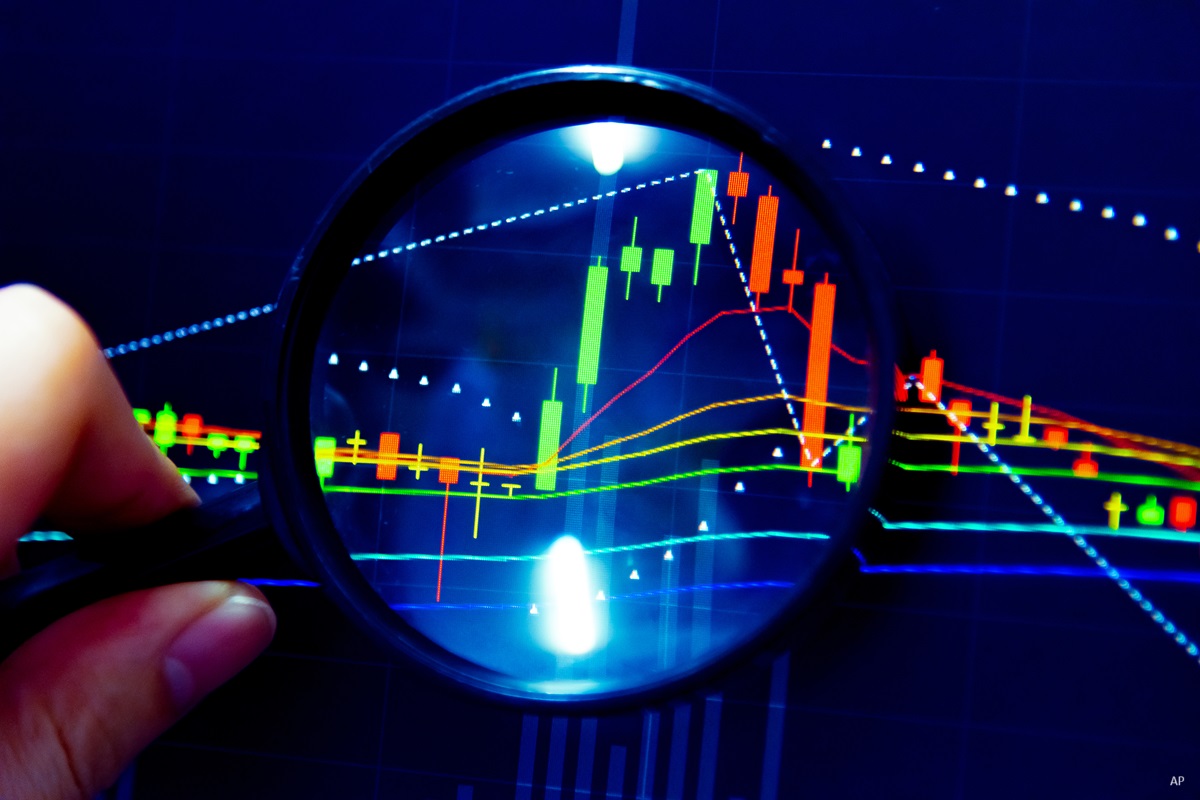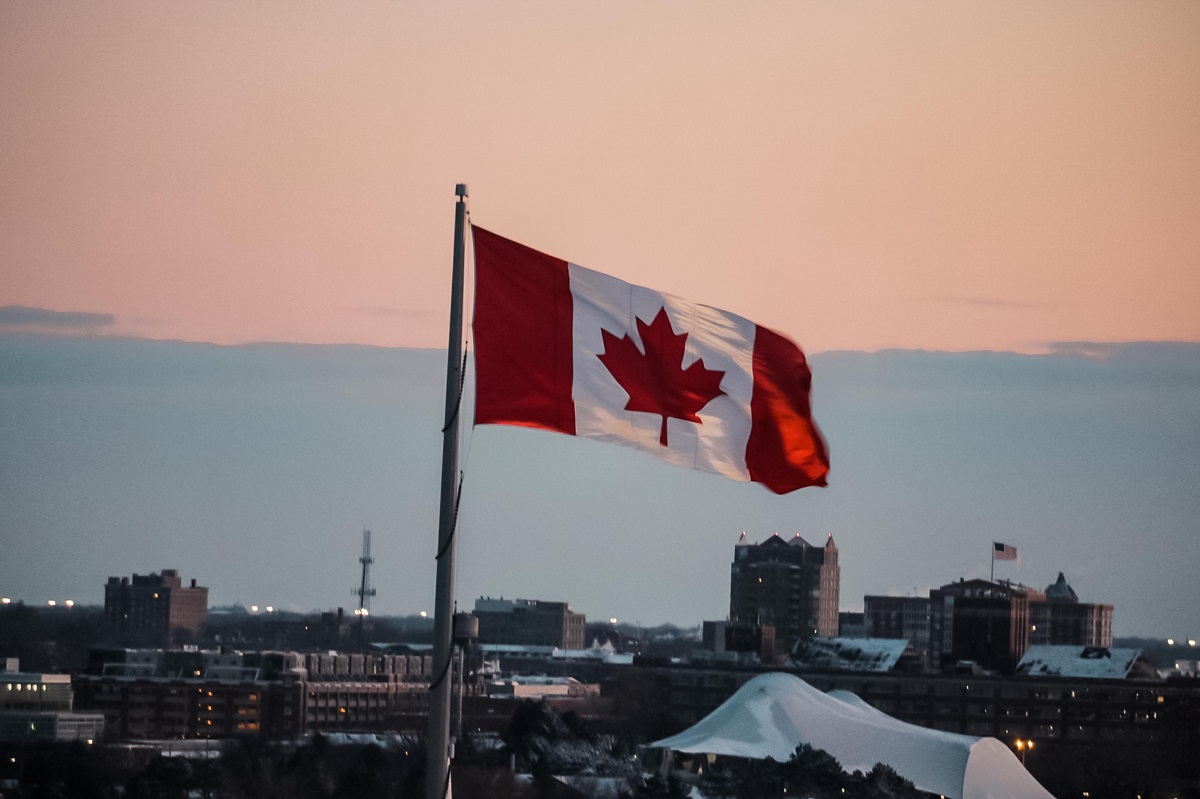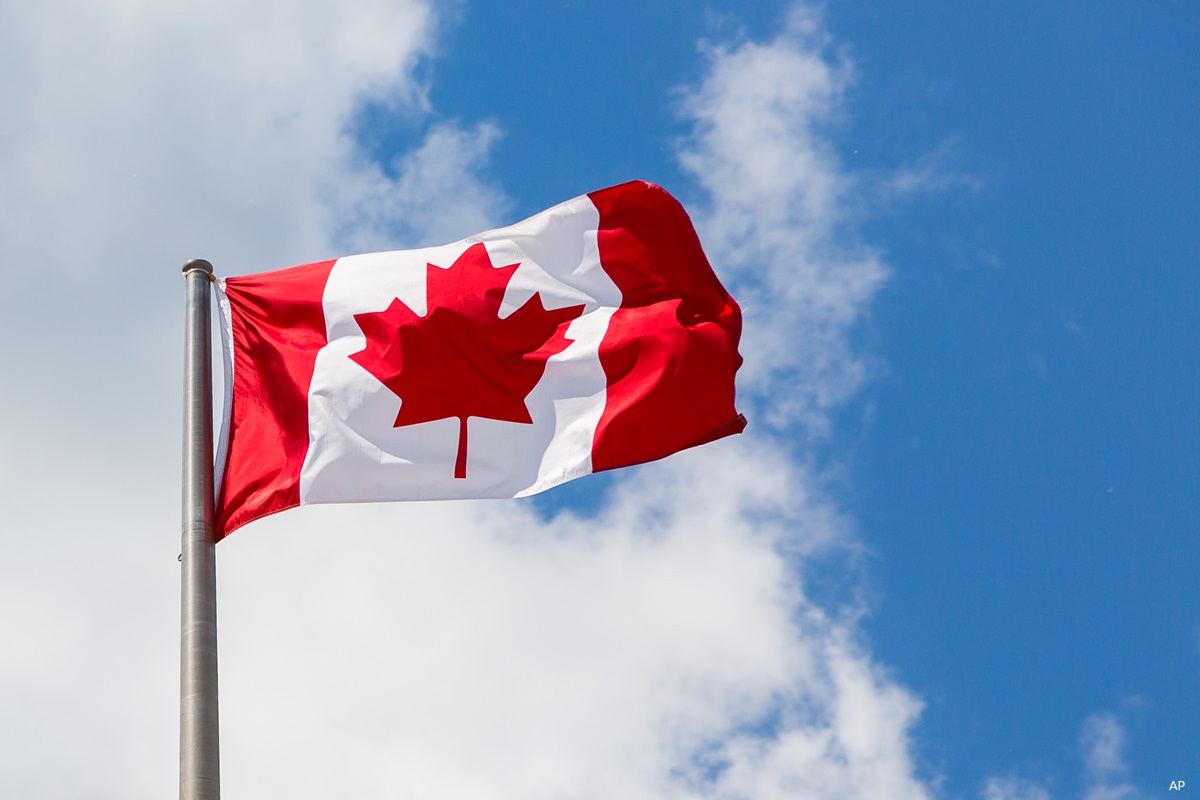
After dealing with the investment challenges of rising interest rates and inflation for the past 18 months, Sarah Riopelle, vice president and senior portfolio manager at RBC Global Asset Management in Toronto, believes a shift is occurring in financial market conditions.
Riopelle is head of the team managing the gold-medalist RBC Global All-Equity Portfolio, a fund-of-funds with assets of $734 million. With inflation now showing concrete signs of easing off in countries such as the U.S. and Canada, she believes interest rate hikes may be put on pause by central banks. She worries that a recession could be on the horizon and possible earnings slowdowns may take a toll on stock prices.
“We believe central banks are done hiking interest rates, and futures markets are pricing in rate cuts by mid-2024,” says Riopelle. “Inflation is coming down nicely and central banks have done their job. However, they may have already done damage to the economy. We expect a recession in the next six months or so and are concerned that equity markets are not pricing in any drop in corporate profits and are therefore vulnerable.”
Stock Markets Haven’t Priced in a Potential Drop
She says the U.S. stock market in particular has been showing strength. In late November, the S&P 500 Index was up 17% for the year although still 6% off the record close reached in January 2022. Much of this strength can be attributed to huge gains in the “Magnificent Seven” mega-cap stocks, a group predominantly made up of tech giants whose share prices were up an average of 76% for the same period, overpowering weaker performance in the majority of U.S. stocks.
U.S. equities account for about 58% of assets in RBC Global All-Equity Portfolio. Other geographic weights include European equities at 20%, Asia-Pacific equities at 6% and emerging markets equities at 13%. Canadian equities account for a mere 1.5% of assets, making the fund a true global diversifier for Canadian investors.
Riopelle says that in past cycles, a recession has typically taken hold about 18 months after the U.S. began hiking rates, which would mean a recession was due last September if past patterns had held.
Recession May Be Late but Be Ready
“We expect a mild global recession within the next six months, and some countries such as Germany, the U.K. and Canada are now showing signs of slowing economies,” Riopelle says.
Rising stock valuations and still elevated yields in the treasury market -- despite a slight retreat recently --contribute to risks in the U.S. market. Although other global stock markets have not shown the same strength as the U.S., they could also be dragged down by the contagion of any U.S. correction she says.
Other risks she is keeping an eye on include geopolitical tensions such as the conflicts in Ukraine and Israel. And she’s watching corporate profits.
Holding Counts as a Move if You Have Conviction
Despite the risks, Riopelle sees no reason to make any changes in the strategic asset allocation of the fund-of-fund portfolio, consisting of seven RBC mutual funds and one exchange-traded fund.
The fund allocations recently included RBC Global Equity Focus (29%), RBC Global Equity Leaders (15%), Phillips, Hager & North Overseas Equity (15%), Phillips, Hager & North U.S. Equity (14%), iShares Core S&P U.S. Total Market Index ETF (13.5%), RBC Emerging Markets Dividend (6%), RBC Emerging Markets Equity Focus (6%) and RBC Private Canadian Equity Pool (1.5%).
The ETF was chosen for the large-cap U.S. space to due the difficulty fund managers face in generating long-term performance superior to the index in a market that is historically widely followed and highly efficient, Riopelle says.
Aside from the ETF, managers are free to run their portfolios as they see fit, and each team selects the names they like.
“We have access to active management at the fund level, and a variety of different strategies,” Riopelle says.
Built-In Flexibility
Every 24 to 36 months the strategic weights are reviewed. As well, Riopelle and her team can move a fund’s position plus or minus five percentage points around the strategic target weight as part of their “tactical” strategy.
The holdings are also monitored every day to make sure they haven’t drifted too far from targets due to market volatility. Any drift of more than 50 basis points away from the target allocations could trigger an adjustment.
“There haven’t been a lot of tactical changes for the past several months, and we haven’t taken any big bets one way or another on any particular region,” Riopelle says. “The key concept is global diversification, and we don’t try to predict what individual markets will do. No position is too big or too small, we don’t put all our eggs in one basket.”
The F Series of the fund, ranked gold by Morningstar, showed a one-year gain at Nov. 29 of 7.5% and a three-year average annual return of 2.9%.
Diversified and Ready to Rebalance
Riopelle keeps an eye open to make sure that any common holdings in the various funds don’t overwhelm the portfolio.
“If three funds in the portfolio hold the same stock we would know how much we own in total and how it relates to the benchmark,” she says. (The benchmark is the MSCI All Country World Index).
Currently, the largest sectors represented in the portfolio are information technology, financials, consumer discretionary, industrials and health care.
A handful of tech giants can be found in the top 10 aggregate holdings, including Microsoft Inc. MSFT, Amazon.com Inc. AMZN, Alphabet Inc. GOOG, Taiwan Semiconductor Manufacturing Co. Ltd. TSM and Nvidia Corp NVDA. Other big holdings include UnitedHealth Group Inc. UNH and Visa Inc V.








.jpg)













